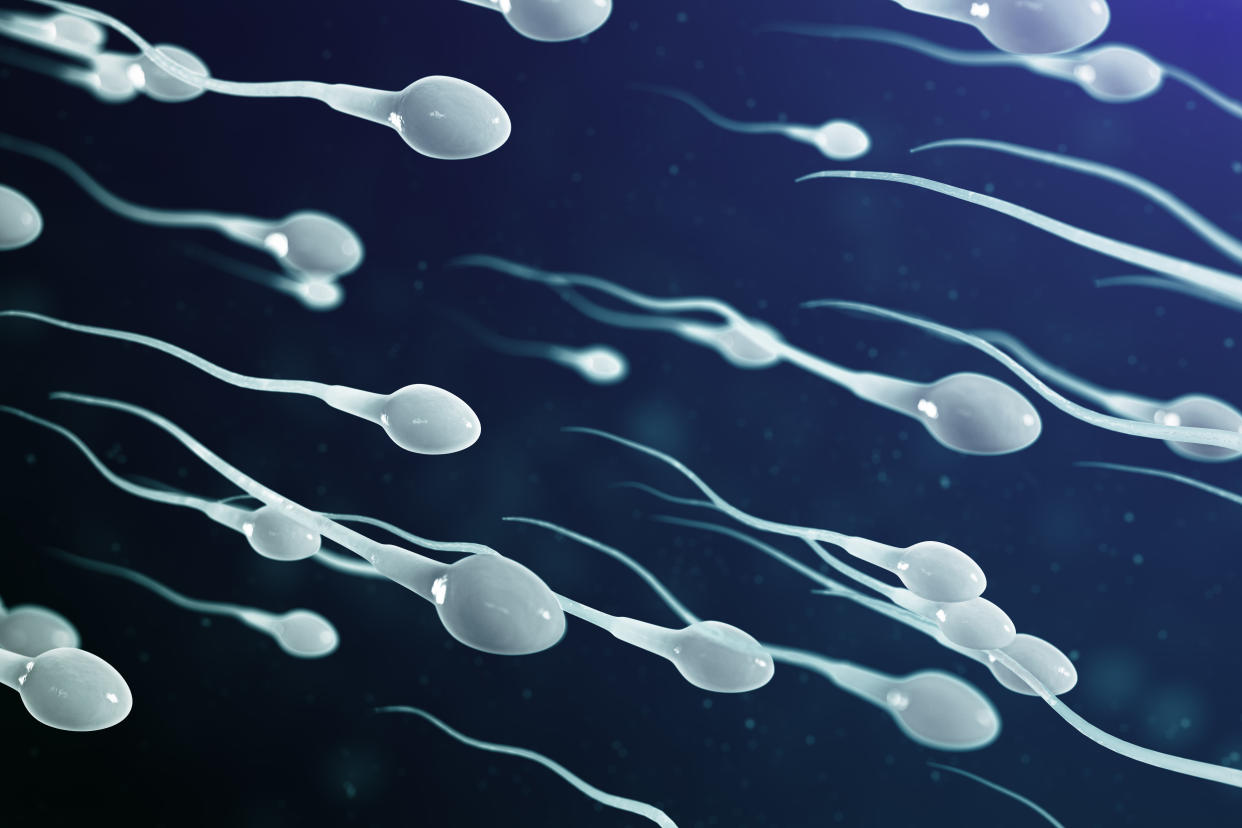'Less meaningful social interactions' trigger infertility, study suggests

Social interactions that lack a genuine connection may be playing a part in rising infertility rates.
A recent Lancet study predicted the global population will peak by 2064, followed by a "remarkable drop".
Sperm counts are said to have halved over the past 50 years. Pollution often gets the blame, however, one scientist has argued "less meaningful social interactions" could be triggering dangerous levels of stress.
These poor-quality connections may be down to overpopulation, which also causes people to "withdraw" socially.
Read more: Men have a biological clock too
The quality and quantity of sperm is known to decline when a man is stressed. Feeling frazzled can also affect ovulation in women and leave both sexes less willing to be intimate.

"Rising population numbers contribute to less meaningful social interactions, social withdrawal and chronic stress, which subsequently suppresses reproduction," said study author Dr Alexander Suvorov.
"Changes in reproductive behaviour that contribute to the population drop include more young couples choosing to be 'child-free', people having fewer children and couples waiting longer to start families."
Read more: One in 15 men has sperm mutations that could cause childhood disease
The predicted population decline "will be almost exclusively caused by decreased reproduction, rather than factors that increase rates of mortality".
Writing in the journal Endocrinology, Dr Suvorov has called this a "unique" scenario, noting "unlike previous centuries, today, limited reproduction is hardly due to a shortage in resources".
Changes in reproductive behaviour – like couples choosing not to become parents – and "reproductive physiology" – such as a reduction in sperm count – may therefore be to blame.
Read more: Freeze-dried sperm delivered on a 'postcard'
Many point the finger at hormone-disrupting chemicals. Dr Suvorov set out to create a "complementary/alternative hypothesis" that "connects reproductive trends with population densities".
Watch: Do coronavirus vaccines affect fertility?
After analysing several studies, Dr Suvorov concluded that a decline in reproduction may be due to stress from poor-quality social interactions.
"Numerous wildlife and laboratory studies demonstrated that population peaks are always followed by increased stress and suppressed reproduction," he said.
"This review provides evidence from multiple disciplines that the same mechanisms previously observed in wildlife species may work in humans as well."
In many animal species, reproduction is thought to be controlled by signals within the hormonal and nervous systems in response to "increasing population densities".
"Although not fully understood", this is said to be "activated in response to increasing stress of social interactions".
Better understanding this chain of events may enable experts to develop "interventions to treat infertility and other reproductive conditions".
Watch: Sperm count dropping in Western countries



